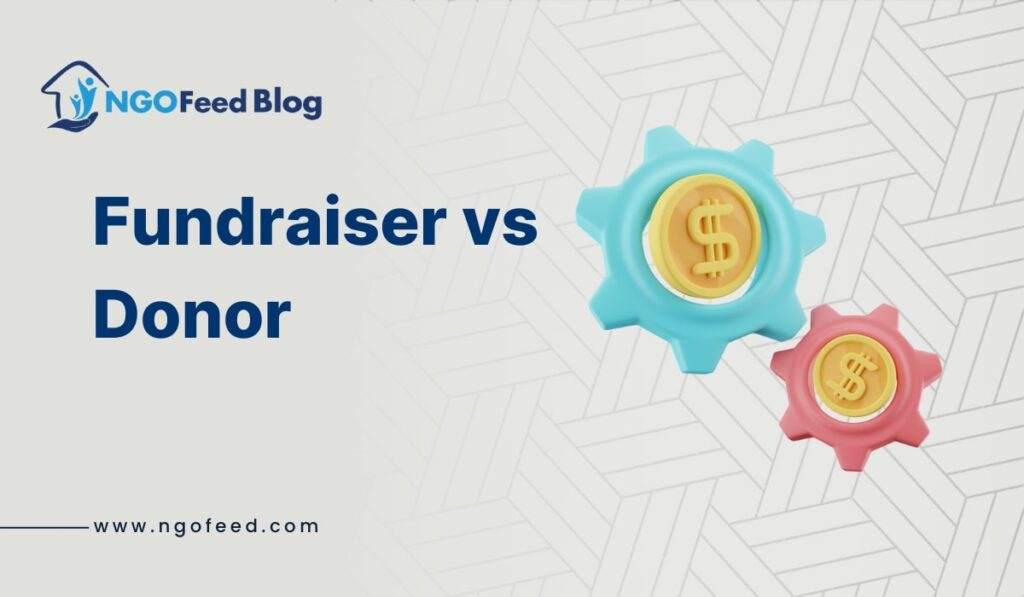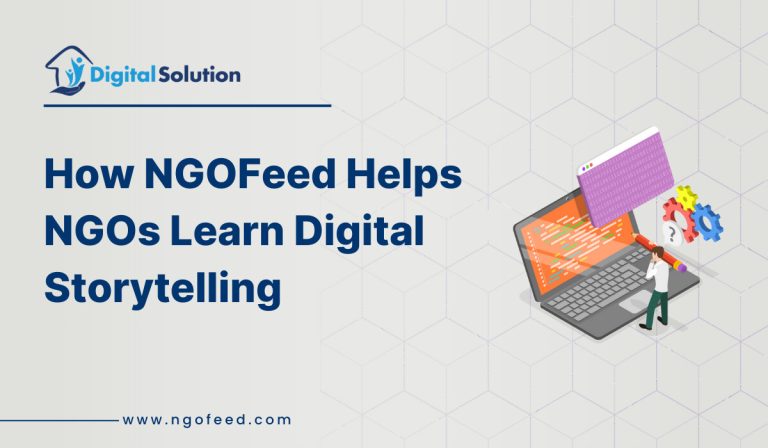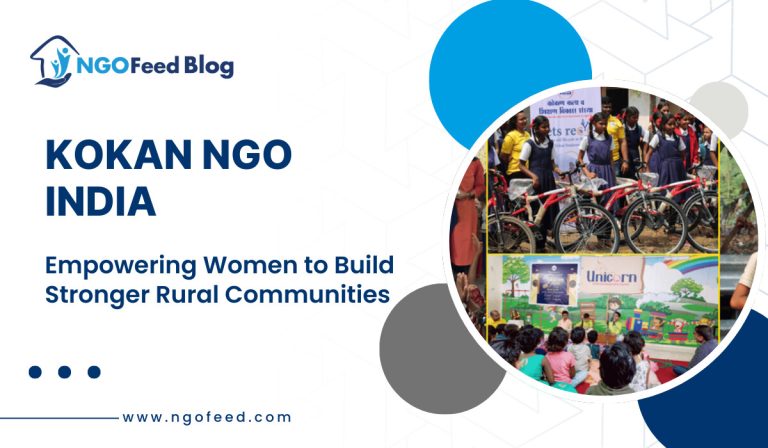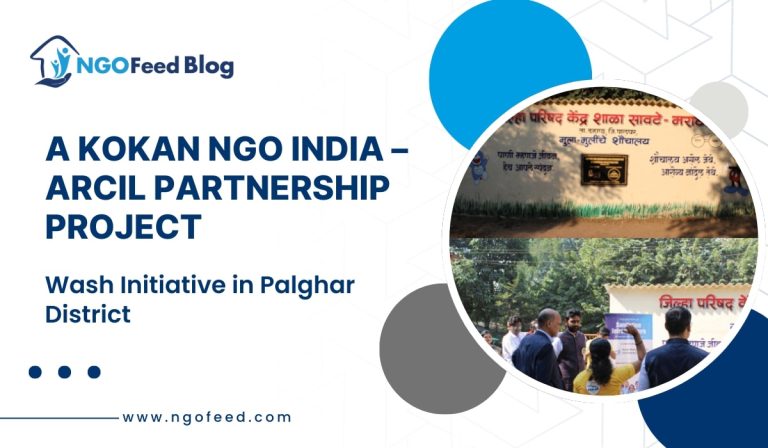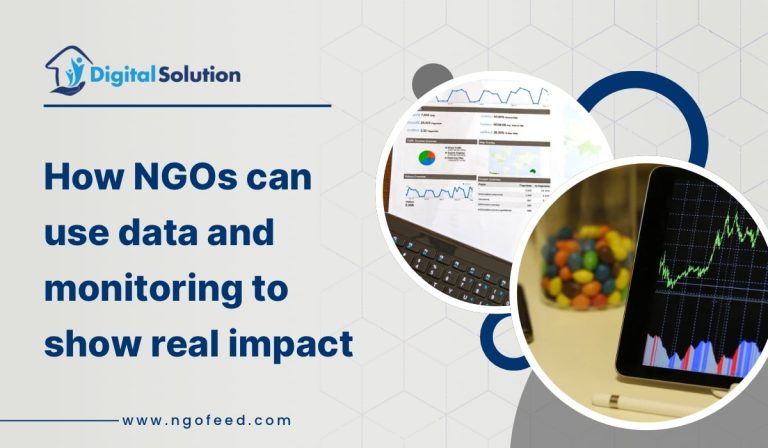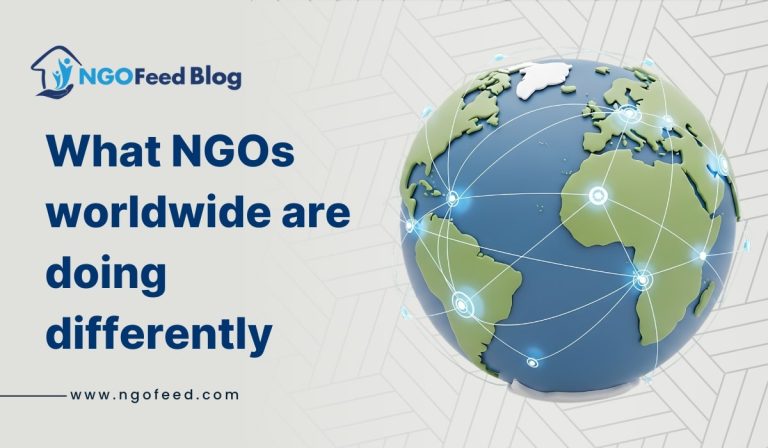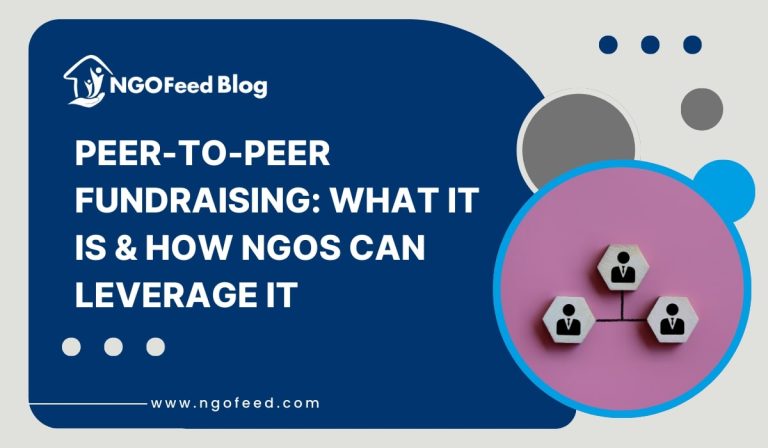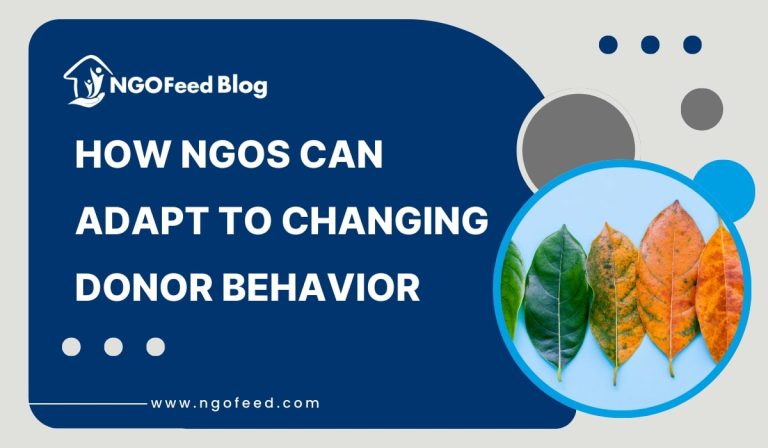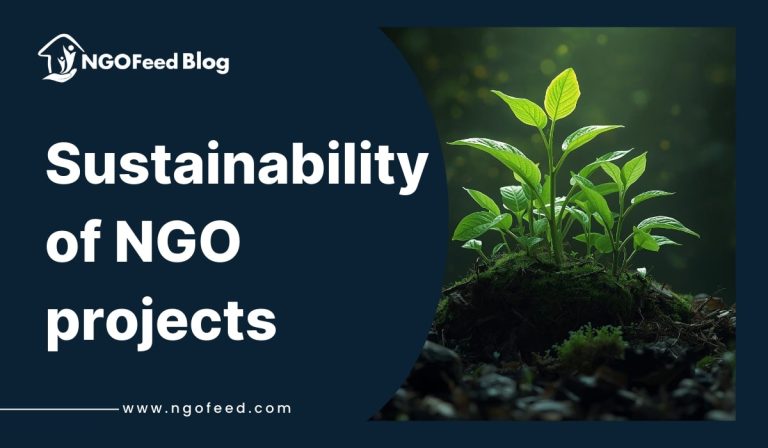Fundraiser vs Donor: You’ve surely thought about if “fundraiser” and “donor” imply the same thing. Both positions are crucial to charity giving, but they’re different. You care about making an impact and want to know how fundraisers and contributors work together. This essay will explain what distinguishes fundraisers from contributors. You’ll study each’s responsibilities and motives to decide how to make the most difference. Start fundraising or become a smarter donor—you’ll learn how to improve lives via giving.
Table of Contents
Let’s Define Fundraisers and Donors
Fundraisers are professionals who plan events and campaigns aimed at getting donations so the cause or organization can be supported. Their mission is to collect as much donation from donors – individuals or groups who contribute money or do other things to support the cause.
Identifying the Fundraiser Role
The role of a fundraiser is to create a link between donors and the causes they are passionate about. The connections you will build, the needs you’ll educate the public about, and the contributions you’ll gather will be the most important parts of the campaign.
It means communicating clearly and softly, being well organized, and being flexible. Fundraisers attract the crowd through a large variety of techniques like holding a gala, creating an online campaign, giving public speaking, and making personal appeals. It may be difficult work, but for the right person, seeing the good causes flourish is the greatest award.
Understanding the Donor
Donors contribute either money or time to projects and causes they strongly believe in. For some, it is a personal mission due to their previous history or religion or their quest to transform the world. The methods of donating are as unpredictable as the individuals who give. As a fundraiser, you have to learn how to read your donors’ minds and make sure they are offered a chance to donate in a manner meaningful to them and to the causes.
Fundraisers and donors mutually benefit from their relationship. The fundraiser’s ability to plan and organize appeals is often what allows the needy causes to get their funds. Moreover, fundraisers would have no reason to exist without the donor’s kindness and willingness to help. On the highest level, fundraising and donors work in partnership and spread compassion for the change in the world.
What Is The Role of a Fundraiser
Being a fundraiser, you are supposed to raise funds through donations and sponsorships for your organization. You develop relationships with the donors and help them to find the causes they care most about.
Identifying Donors
The first stage is defining the donors who may be interested. You can do a research on individuals, foundations, and corporations that have a vision the same as of your organization. When your prospect list is ready, you then proceed to gauge their willingness to donate and that they can.
Cultivating Relationships
Fundraising is a social affair. You deeply get to understand your donors and what drives their generosity. You tell your clients how their generosity made a difference and you invite them to different events to help them become more engaged. With time, most of the donors not only become passionate supporters of your organization but also act as your ambassadors.
Making the Ask
At the right time, you offer a convincing argument that demonstrates why donors are critical and how their giving will effect the desired change. You present proposals which compliment the interests of the donators, accentuate effective initiatives and depict the impact that the funding can bring.
Stewardship
The work does not stop with a donation. You make frequent reports on programs and demonstrate how much you respect contributions made by the donors and collaborative efforts. Stewardship encourages trust enabling you to build lasting relationships with time altruistic givers that keeps them to be regular donors. Fundraising is a key to success of nonprofits which reduces their dependence on public funding and enables them to build their own capacity.
Having access to essential resources is the first step in changing lives, and so with each day, you impact lives positively. Although challenging, fundraising can sometimes feel like a worthwhile profession for those with a drive to make positive change.
The Importance of Donors for a Fundraising Campaign
As a fundraiser, donors fuel your campaign. Without their help, you couldn’t raise funds or advance your cause. Developing donor contacts is crucial.
Display the impact of donors’ gifts. Tell stories of the communities their donations help. Tell T what programs their money supports. This bonds donors to the cause emotionally, keeping them interested.
Keep funders informed about campaign and organization developments. Send newsletters about recent accomplishments. Openness promotes trust and loyalty. Donors will see that their money has been well spent.
Never forget to thank donors. Appreciate their contributions with personalized cards or emails. For larger presents, call to express your gratitude. Givers believe in your purpose, so make sure they feel valued and know their contributions are appreciated.
Another approach to demonstrate gratitude and encourage giving is to publicly thank supporters on your website or at events. Give public acknowledgement to donors who helped you achieve your mission.
Donors make or break fundraising campaigns. Communicate with donors, acknowledge their contributions, and demonstrate their impact to develop true relationships. Strongly connected donors will be your most devoted supporters. Focus on donor connections because their support can make or break a business.
Key Differences Between Fundraisers and Donors
In a nutshell, as a fundraiser, you raise money for a specific cause or organization. Donors, on the hand, give that finance through charitable gifts and donations. On the one hand, both fundraisers and donors pursue the same goals. On the other hand, the roles are different with responsibilities and motives of fundraisers and donors being various.
Focus
Fundraisers primarily aim at generating income and achieving fundraising goals. Your responsibility will be to raise funds from events, campaigns, grant writing, and major gifts. While the donors are concerned about the impact of their giving. They want to be sure that their money will be well-spent only on meaningful programs and services.
Motivation
You may be driven to perform well in your job due to the professional goals you have or the passion you have for the mission. Donors give from their hearts and with the determination to share their love with others who are in need of a cause that they have a deep passion for. Their generosity gives a purpose and a connection.
Recognition
Though the fundraisers are grateful to the donors, the recognition is not the only drive. For donors, public recognition of their donation can deepen their connection with the cause and will probably strengthen their desire to donate repeatedly. The shared experience between donors can be done through ways like naming donors in the donors’ list, writing thank you notes by hand, and informing donors about what their contributions have meant to the cause.
Relationships
Building sincere relationships and trust with donors is what matters most for a successful fundraiser. Donors want to feel that their contributions are having tangible and meaningful impacts. Through the knowledge of their interests and goals, you can connect them with relevant opportunities that matter to them. These relationships are of a mutual nature, and donors might also be interested in understanding you and your role better.
A mutual collaboration where fundraisers and donors will both shine will be realized if the differences of each are just the right amount and the goal of changing lives and communities is finally achieved. Fundraisers and donors are all different and you all have different duties, but the fact that they both aspire to the same goal is what unites them.
Conclusion
So there you have it – the key differences between a fundraiser and a donor. While both play crucial roles in supporting important causes, their approaches differ. As a fundraiser, you take on the active job of coordinating logistics and persuading people to give. As a donor, you have the power to fund the efforts through your generous contributions. At the end of the day, it’s about that shared passion for making a difference. Whether you’re drawn more to the fundraiser or donor role, you now have a clearer picture of how they complement each other in fueling social impact.
Frequently Asked Questions (FAQs)
What’s the difference between a fundraiser and a donor?
A fundraiser actively works to raise money for a cause or organization, while a donor contributes money to a cause they support. Fundraisers spend their time organizing events, campaigns, and other initiatives to bring in donations. Donors, on the other hand, provide financial support through contributions and gifts. Every organization needs both fundraisers and donors to function.
Do fundraisers get paid?
Some fundraisers are paid professionals, while others are volunteers. Paid fundraisers typically work for nonprofits, universities, hospitals, and other organizations. Volunteers organize fundraisers in their spare time to support causes they care about. Either way, the goal is the same: raise as much money as possible for the organization or cause.
How do fundraisers find donors?
Successful fundraisers use a variety of methods to find donors. They build relationships with potential donors through events, email campaigns, social media, and in-person meetings. They share the mission and impact of the organization to inspire others to give. Fundraisers also do research to find donors whose interests and values align with the cause. The key is making a genuine human connection and showing donors exactly how their gift will be used.
What are the most effective fundraising strategies?
Some of the most effective fundraising strategies include:
Holding galas, auctions, and charity drives. These are fantastic for fundraising and community building.
Starting a crowdfunding campaign. This uses your supporters to promote and fundraise.
Applying for charity trust and foundation funding. Although competitive, grants have a tremendous impact.
Asking via email, social media, direct mail, and in-person. Diversity yields better results.
Giving contributors effect reports. Donors are motivated to give again when they see their impact.
Providing donation matching. Part of each gift matched by another contributor is appealing. Try alternative techniques and optimize what works for your organization and donors. Fundraising initiatives can succeed with the correct combination.

